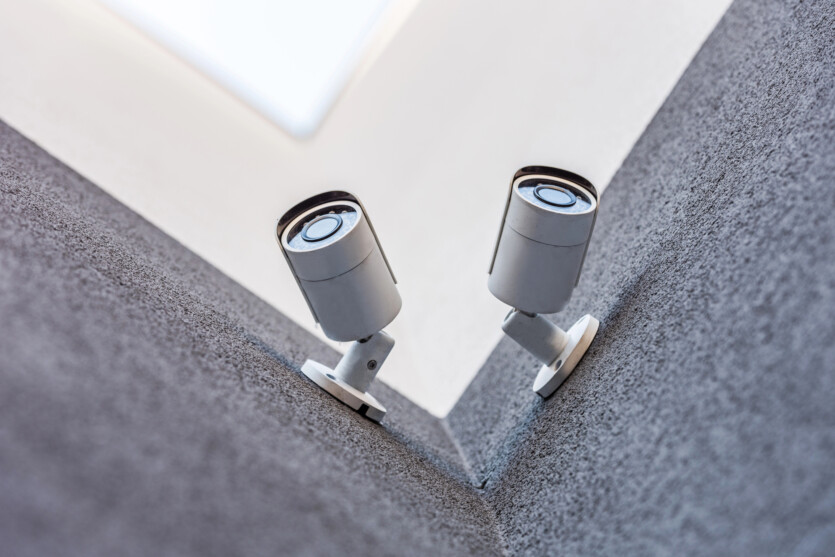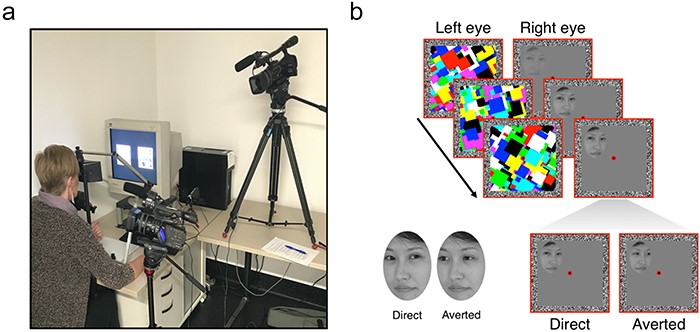
Australian neuroscientists from the University of Technology in Sydney have found that ubiquitous video surveillance affects not only human behavior, but also on brain function at the subconscious level.
In today’s world, video surveillance cameras are installed almost everywhere, from supermarkets to streets, public spaces, and stadiums. In addition, new AI technologies allow to quickly locate a subject from a photo and determine his or her identity. On the one hand, this provides better security monitoring mechanisms, but also affects brain function provoking changes that people cannot control.
A new study shows that being aware of being watched unconsciously increases attention to how other people look at us. Humans have a well-developed ability to quickly detect the direction and nature of another person’s gaze, which helps us navigate our social position. In this way, we distinguish friends from enemies, recognize different emotions, and anticipate the intentions of others.
It is likely that the feeling of constant surveillance imperceptibly enhances this ability, forcing the brain to be constantly on high alert for social signals. The study by Australian neuroscientists involved 54 people. All of them were undergraduate students. They were instructed to perform a visual task, while cameras were watching them. Another group of participants had to perform the same task, but without video surveillance.
Participants in both groups were shown images of faces looking either directly at them or to the side. The researchers used a method called continuous flash suppression, which involved participants looking at a face image with only one eye while the other eye saw quickly a flashing picture. The time it took for the participants to realize the picture with the face allowed scientists to understand how the brain processes information before it reaches human consciousness.

It turned out that the participants who knew they were being watched recognized faces one second faster than the group that was not under surveillance. This acceleration of awareness was imperceptible to the participants themselves. At the same time acceleration of reaction to visual stimuli was not observed when participants viewed neutral images, such as geometric configurations.
The researchers note that this indicates the impact of constant observation of people on the neural network responsible for processing social information in the brain. Hypersensitivity to gaze is a characteristic of several mental illnesses, including social anxiety disorder and psychosis. Researchers warn that constant video surveillance can exacerbate these and other mental disorders.
The feeling of being under constant surveillance can also provoke additional stress and contribute to serious mental health problems. The results of the study revealed a discrepancy between the perceived experiences and brain response on them. Most of the participants said they did not feel anxious about being watched, but their brains were constantly focused on it. This discrepancy emphasizes how easily we normalize constant surveillance, accepting it as a feature of modern life. We rarely notice the presence of cameras. However, our brains are constantly adapting to their presence and subtly reorganizing our perception.
Strength exercises protect the brain from dementia and Alzheimer’s, — study
The results of the study were published in the journal Neuroscience of Consciousness
Source: Scientific American; LiveScience

Spelling error report
The following text will be sent to our editors: